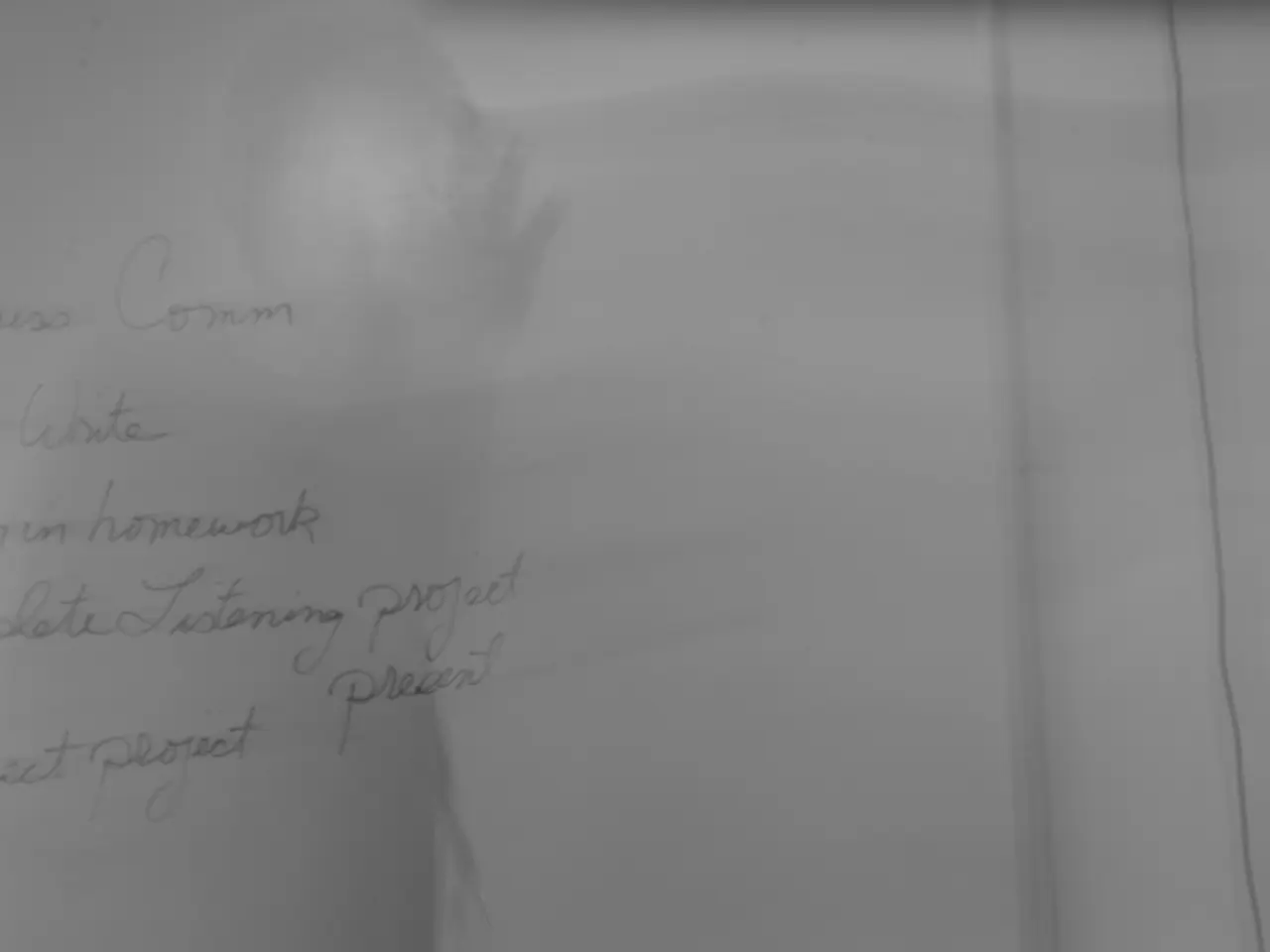Deepening Tensions: The Risks Posed by Israeli Military Operations in the West Bank
In recent times, a series of contentious actions by the Israeli government have raised concerns about the future of the two-state solution and the well-being of Palestinians living under occupation.
The Israeli government has extended its tactics of property seizure and demolition to areas under Palestinian and joint control (Areas A and B), severing the network of roads that link the Palestinian territories. This move has been criticised as a deliberate attempt to permanently obstruct the pathway to a two-state solution.
Last month, Israel approved the construction of 22 new illegal Israeli settlements, including recognising existing informal settlements. The Israeli government is also constructing in Har Homa and Givat Hamatos, the first new settlements in Jerusalem in 20 years. These actions have sparked international outrage, with many viewing them as a violation of international law.
Israel's "E1" plan to construct 3,412 housing units for Israeli settlers in East Jerusalem is reportedly moving ahead, which will forcibly displace the Bedouin community there. Meanwhile, the Israeli military has been systematically destroying civilian infrastructure in West Bank refugee camps.
The Palestinian Authority (PA) is facing an intractable financial crisis and has become little more than a mechanism of Israel security control, undermining its legitimacy in the eyes of many Palestinians. Israeli forces have sealed the entrances of cities and villages in the West Bank and established more checkpoints, severely restricting the movement of the 3.2 million Palestinians in the territory.
The conflict between Israel and Iran is intensifying, capturing global attention. Israel has put the West Bank under lockdown since the conflict with Iran began on June 13th. The EU has failed to stop or restrain the brutality of Israel's occupation in the West Bank through dialogue.
The EU may be less willing to impose measures to hold Israel accountable for its actions in Gaza and the West Bank due to its unfolding confrontation with Iran. However, the EU is expected to discuss Israel's compliance with its human rights obligations under its Association Agreement at the next Foreign Affairs Council meeting on June 23rd.
Sweden, the Netherlands, and Denmark called for suspending trade relations with Israel amid discussions on Israeli violence in the West Bank, but these proposals did not gain the required majority in the EU. Germany, Austria, Czech Republic, Italy, and Hungary opposed stronger measures, leading to the abandonment of such recommendations.
A qualified majority of EU member states could suspend parts of the Association Agreement relating to preferential trade tariffs and Israeli access to programs such as Horizon Europe, imposing a cost against Israel over its actions in Gaza and the West Bank.
In Gaza, Israel is continuing its campaign of ethnic cleansing. On June 18th, the Israeli military killed at least 47 people in Gaza, and on June 17th, at least 70 people were killed while waiting for aid trucks. These incidents have sparked international condemnation and calls for action.
The future for Palestinians in the West Bank looks grim due to the dismemberment, contraction, and isolation of Palestinian territories, leading to economic fallout. The situation is further complicated by the ongoing conflict with Iran, which has placed additional strain on the region.
These developments underscore the urgent need for a peaceful resolution to the Israeli-Palestinian conflict and compliance with international law to ensure the protection of human rights for all people in the region.
Read also:
- Tobacco industry's suggested changes on a legislative modification are disregarded by health journalists
- Trump's Policies: Tariffs, AI, Surveillance, and Possible Martial Law
- Uncovering Political Ad Transparency: A Guide to Investigating opponent's Political Advertisements in the Digital Realm
- Elon Musk praises JD Vance's debate performance against Tim Walz








